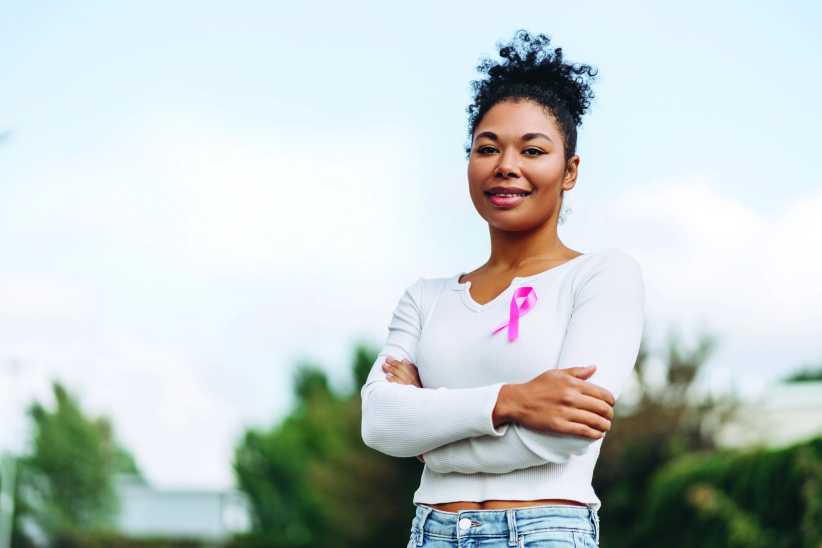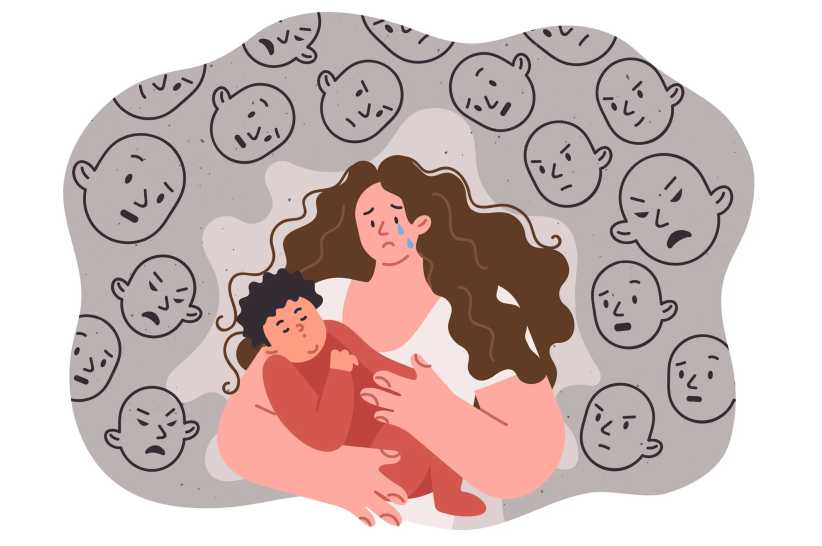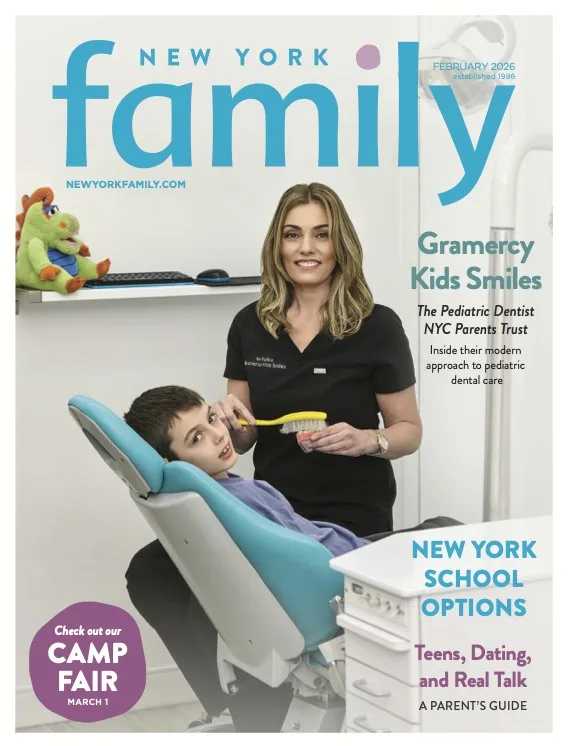
The Rise of Breast Cancer in Younger Women
Many women, especially those in younger age groups, may think they don’t need to worry about breast cancer yet. They may feel it is only a health concern for older women, and some may have grown up believing this notion. However, recent data suggests otherwise.
Breast cancer is the most common cancer among women in New York State, with about 16,700 new cases and 2,500 deaths each year, according to the New York State Department of Health (NYSDOH). Despite the 44 % decrease in overall death rates from the disease since 1989, according to a report published last year by the American Cancer Society (ACS), incidence rates among women under 40 are rising in New York.
According to a study from Columbia University’s Mailman School of Public Health, breast cancer is being diagnosed more often in younger women, and New York is among the top five states with the highest rates. Between 2012 and 2021, cases in women under 50 rose about 1.4% each year, with women ages 25 to 39 seeing a steady 1% annual increase. Experts believe that factors like air pollution, alcohol use, and other environmental exposures may contribute to this rise.
Psst… Check Out Moms, Are You Getting the Right Health Screenings? Find Out What You Need at Every Age
While breast cancer was once thought of as something that mainly affected older women who are past childbearing age, these numbers highlight that it’s becoming a concern for younger women, as well.
Increase in Younger Women Being Diagnosed with Breast Cancer
Dr. Natalie Berger, Associate Director of Breast Medical Oncology at New York-Presbyterian Hudson Valley Hospital, says she has noticed an increase in younger patients getting breast cancer. “While breast cancer is primarily associated with older women, there is a disturbing trend of younger patients being diagnosed,” says Dr. Berger. “The number of cases in women aged 20-40 has been noticeably higher, aligning with recent reports from the American Cancer Society,” stressing that age does not confer immunity.
Dr. Berger emphasizes that paying attention to your body and keeping regular check-ups is essential, especially for those with a family history or genetic risk. “I am seeing more patients who have breast cancer detected on self-examination or during a breast exam with their doctor,” she explains.
“Fortunately, in 2024, the U.S. Preventive Services Task Force (USPSTF) lowered the recommended age of initiating annual mammography from 45 to 40 years old. The United States Preventive Services Task Force (USPSTF) then recommends that screenings be conducted biannually through age 74.
However, annual mammograms are important for early detection of breast cancers, which can grow quickly. Many organizations, including the National Comprehensive Cancer Network (NCCN), American College of Obstetricians and Gynecologists (ACOG), and American Society of Clinical Oncology (ASCO), recommend annual mammograms for those up to the age of 55. Then, the timeframe between mammograms should be discussed between each person and their provider,” Dr. Berger explains.
No matter how old you are, “It’s essential to remember, no age is too young to develop breast cancer,” Dr. Berger stresses, while reminding us that although “We are seeing an increase in breast cancer, it’s still rare and women shouldn’t panic.”
Be Proactive
There are many things women can do to catch things early, even before they need a mammogram. Knowing your family history and discussing it with your healthcare provider is critical. Early detection is crucial, and regular screenings can save lives.
“There are some women who may be recommended to start breast cancer screenings before age 40 based on family history or genetics,” Dr. Berger says. “Regular check-ups with both a primary care doctor and a gynecologist, along with monthly self-exams, can help identify potential issues early on.”
Breast Cancer & Pregnancy
As mothers, it’s important to recognize that breast cancer can also affect women who are pregnant or have recently given birth. “It’s important to note that breast cancer can also develop during pregnancy or while breastfeeding,” Dr. Berger points out. “Many changes in the breast during this time are normal, but women should consult their doctors if they notice anything unusual, such as new lumps that do not go away, persistent skin changes, or persistent clogged ducts.”
Dr. Berger advises women to be their own best advocates. “It’s vital for you to advocate for yourself. If you notice any changes in your breasts, don’t hesitate to seek medical attention,” she says. “Early detection can greatly improve treatment outcomes and increase your chances of a successful recovery.”
Psst… Check Out NYC Faces Rising Challenges in Postpartum Care














